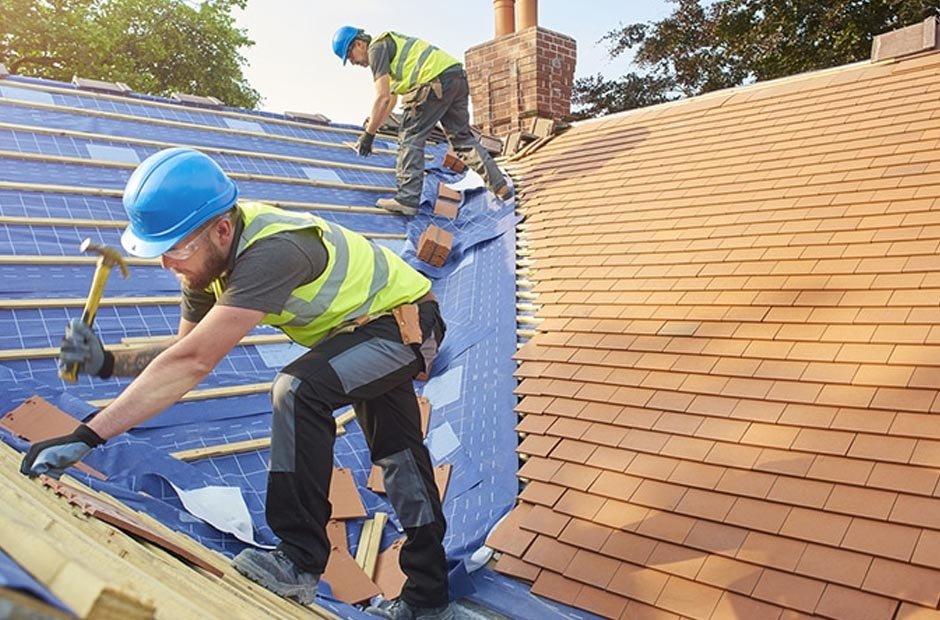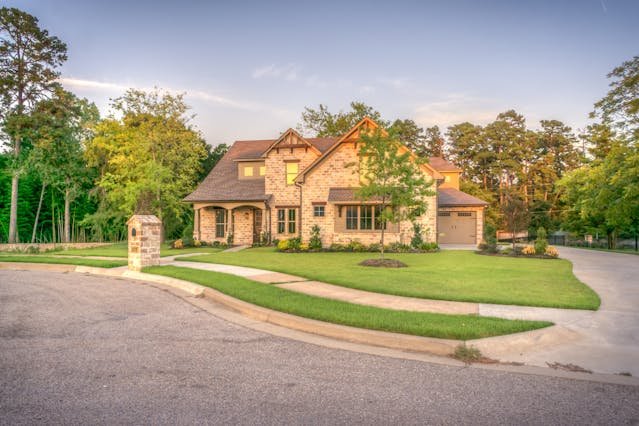In the competitive and intricate world of construction and home maintenance, the choice of a roofing contractor should be made with careful consideration. This decision goes beyond cost and convenience, delving into the realms of safety, legality, and long-term satisfaction. A key aspect of this decision-making process is verifying the proper licensing and insurance of the contractor, a criterion that companies like Elevation Roofing & Restoration, LLC meet and exceed, thus setting a high standard in the industry.
Introduction to Roofing Industry Standards
The roofing industry is governed by a set of standards and regulations that aim to ensure the safety, efficiency, and durability of roofing projects. Proper licensing is the cornerstone of these standards, acting as a badge of legitimacy and proficiency for contractors. It confirms that the contractor has undergone the necessary training, passed the requisite examinations, and met all the criteria set forth by industry and governmental bodies.
Insurance, paralleling licensing in importance, offers a safety net that encompasses liability, worker’s compensation, and property damage coverages. Together, licensing and insurance forge a dual layer of security and trustworthiness that is paramount in the roofing industry.
The Necessity of Licensing for Roofing Contractors
Licensing is not merely a bureaucratic hurdle; it is a critical element that defines the credibility and reliability of a roofing contractor. It is an assurance that the contractor adheres to the local and national building codes, maintains a level of professionalism, and is committed to ongoing education and safety training.
In regions prone to specific weather challenges, licensed contractors are often more knowledgeable about the best practices and materials to use, ensuring that the roofing work withstands the test of time and elements. Moreover, a licensed contractor is legally recognized, which means they can obtain the necessary permits and approvals required for roofing projects, further ensuring that the work is done legally and to the official standards.
Insurance: A Safety Net for Homeowners and Businesses
Insurance plays a pivotal role in the roofing industry, providing a layer of financial protection that is invaluable in the face of accidents or unexpected damages. For homeowners and businesses, the significance of engaging with insured contractors cannot be overstated. It shields them from the potentially crippling costs of accidents or damages that can occur on-site during a roofing project.
Comprehensive coverage, including liability insurance and workers’ compensation, ensures that in the event of an accident, the insurance company covers the costs, rather than the property owner being held financially responsible. This aspect of insurance not only protects the physical assets but also provides peace of mind, knowing that the financial risks associated with roofing projects are minimized.
Evaluating the Credentials of Roofing Contractors
The process of evaluating a roofing contractor’s credentials should be meticulous. Homeowners and businesses must request and verify the contractor’s licensing and insurance details. This verification process includes checking the validity of the license with local licensing boards and ensuring the insurance coverage is comprehensive and current.
Elevation Roofing & Restoration, LLC exemplifies the transparency and professionalism that should be standard in the industry, readily providing proof of licensing and insurance, thus affirming their credibility and reliability. This level of openness and professionalism not only fosters trust but also establishes a precedent for other contractors in the industry.
The Impact of Licensing and Insurance on Project Outcomes
The implications of hiring a properly licensed and insured roofing contractor are far-reaching. Licensed contractors are likely to have a more profound understanding of the industry standards, adhere to safety protocols, and deliver superior workmanship. They are accountable to regulatory bodies and are thus motivated to maintain a high level of quality in their work.
Insurance adds another layer of quality assurance, as insured contractors are generally more cautious and methodical in their approach to prevent incidents that could lead to insurance claims. Consequently, the likelihood of accidents or substandard work is significantly reduced, leading to better project outcomes, longevity of the roofing work, and overall satisfaction for the property owner.
Conclusion
The significance of proper licensing and insurance for roofing contractors is paramount, acting as the bedrock of trust and security in the roofing industry. These crucial elements serve to protect the interests of both property owners and contractors, establishing a framework within which roofing projects are executed legally, safely, and to the highest quality standards.
Licensing confirms a contractor’s adherence to industry regulations and their competence in delivering professional workmanship, while insurance provides a financial safety net, covering unexpected damages or accidents that might occur during the project. For homeowners and businesses, the decision to choose a contractor who meets these criteria, such as Elevation Roofing & Restoration, LLC, is not just a matter of compliance, but a strategic choice that ensures the durability and integrity of their roofing investment. This careful selection guarantees not only immediate project success but also secures long-term benefits, safeguarding the property against future roofing dilemmas and enhancing its overall value.








